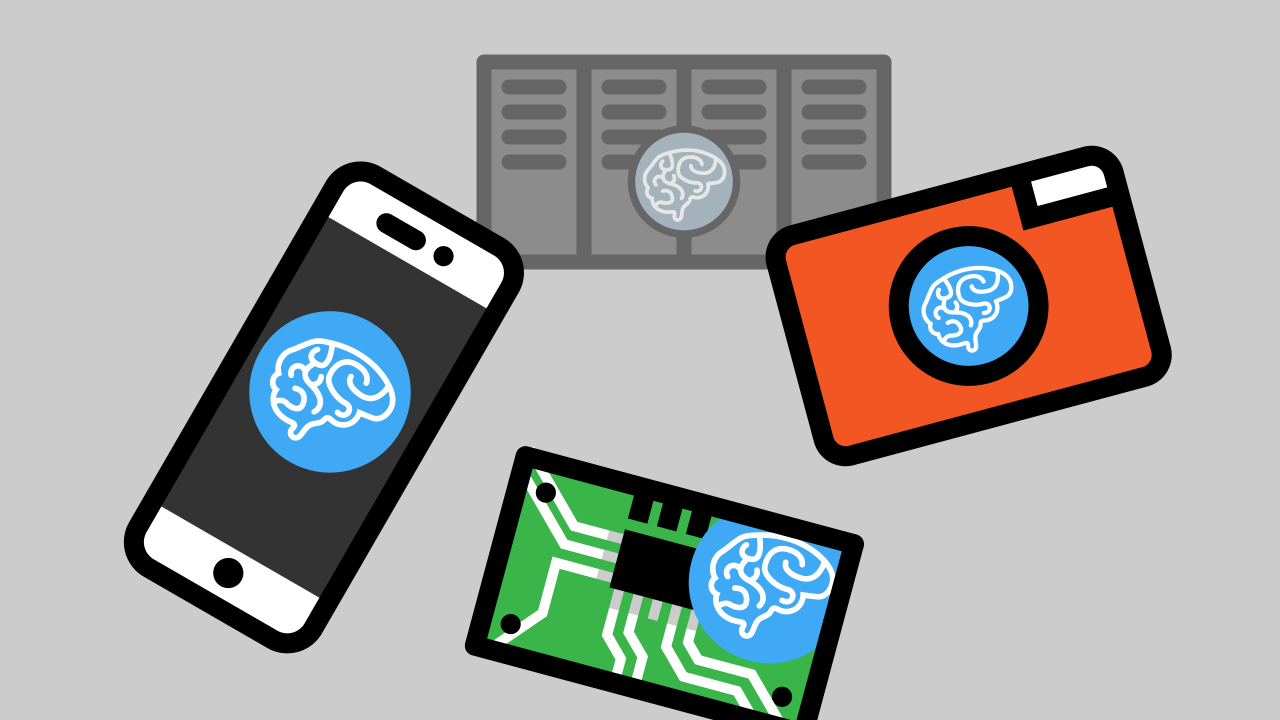The tech landscape is ever-evolving, and at the forefront of these changes are companies like Apple, continually pushing the boundaries of what technology can achieve. One of the most intriguing tales of innovation and acquisition was when Apple purchased Xnor.ai, a startup specializing in edge-based artificial intelligence, for an estimated $200 million back in January 2020. This acquisition not only speaks volumes about Apple’s strategy but also highlights a significant shift in how AI is integrated across various devices.
Understanding Xnor.ai: The Power of Edge Computing
Xnor.ai emerged from the prestigious Allen Institute for AI (AI2) in 2017, aiming to revolutionize how machine learning algorithms function, especially in low-power environments. The company was founded on the premise that AI can operate effectively without the need for robust hardware or constant cloud connectivity. This vision led to the creation of highly efficient algorithms capable of running on devices with minimal processing power, like security cameras or IoT devices.
Why This Acquisition Makes Sense
Apple confirmed its acquisition with its typical subtlety, stating that they often purchase smaller technology companies but refraining from disclosing specific objectives. However, the strategic implications are clear. Here’s why this purchase was a masterstroke:
- Augmented Privacy: With rising concerns over data privacy, AI solutions that can operate on-device reduce reliance on the cloud, safeguarding user information from potential breaches.
- Enhanced Performance: Algorithms developed by Xnor.ai streamline computational tasks, allowing Apple devices to execute complex functions like object recognition and image processing more efficiently.
- Future-Proofing Technology: As the tech landscape shifts towards smart home systems and IoT devices, the adaptability of Xnor’s technology positions Apple to lead in these emerging markets.
Real-World Implications: Beyond Just a Purchase
Apple’s focus on edge computing is not purely a technical enhancement; it also reflects a strategic pivot. With capabilities to handle advanced machine learning tasks locally, devices can better manage operations without constant internet access. For instance:
- Photography Innovations: Leveraging Xnor’s algorithms could significantly improve camera software, allowing for quicker image processing and enhanced features without draining battery life.
- Inefficiency in Smart Home Devices: Improved AI will likely lead to smarter, more efficient HomePod and smart home integrations where devices can intelligently communicate and execute tasks autonomously.
The Future Landscape of Apple’s AI
While it’s difficult to gauge the exact trajectory Apple’s plans with Xnor.ai will take, the acquisition undoubtedly opens up numerous avenues. By marrying innovative AI capabilities with their sophisticated hardware design, Apple could redefine user experiences across various domains—from photography to home automation.
Conclusion: The Road Ahead
This acquisition signifies Apple’s commitment to enhancing user experiences through responsible and advanced technology. As AI continues to permeate various aspects of our lives, the implications of Apple’s strategy could extend well beyond the current scope of their device functionalities.
At fxis.ai, we believe that such advancements are crucial for the future of AI, as they enable more comprehensive and effective solutions. Our team is continually exploring new methodologies to push the envelope in artificial intelligence, ensuring that our clients benefit from the latest technological innovations. For more insights, updates, or to collaborate on AI development projects, stay connected with fxis.ai.

